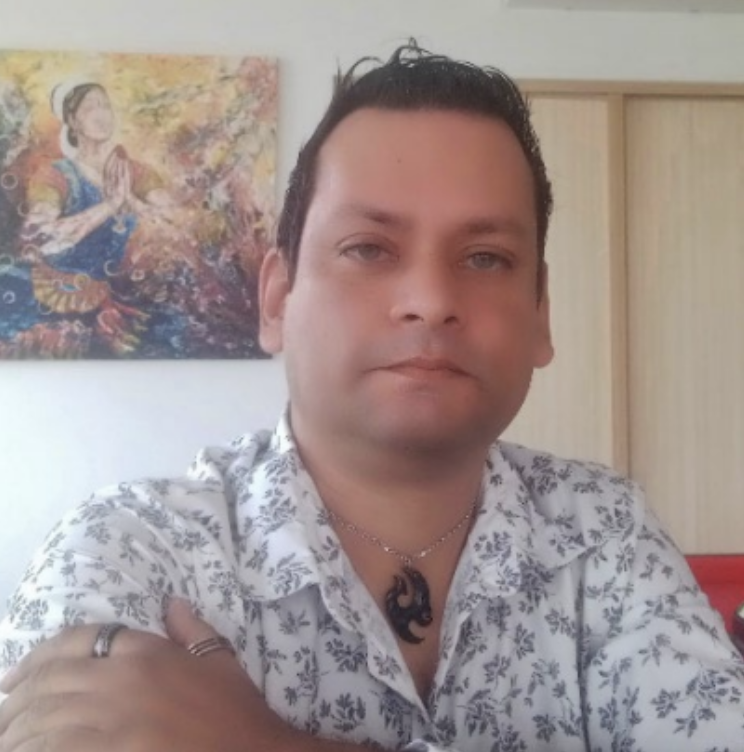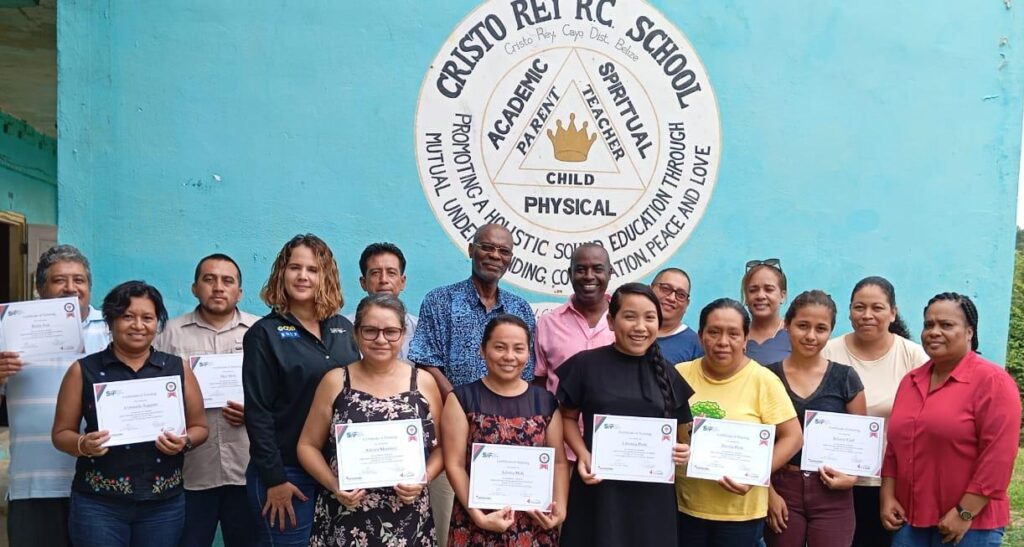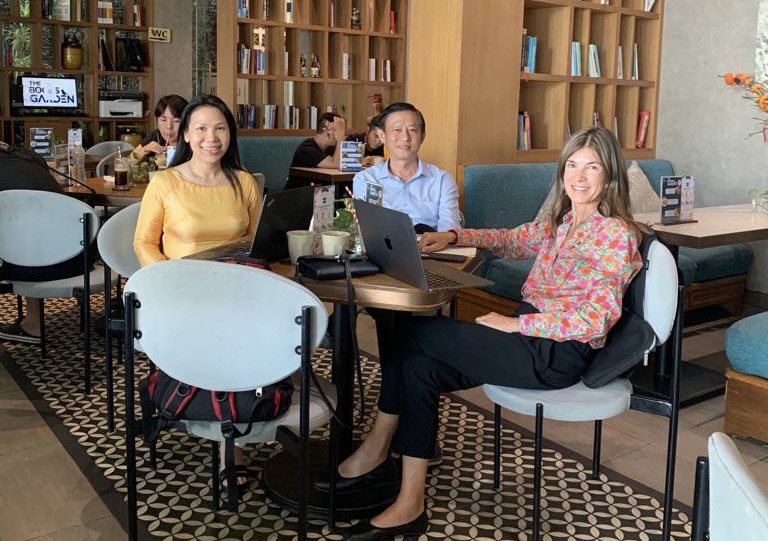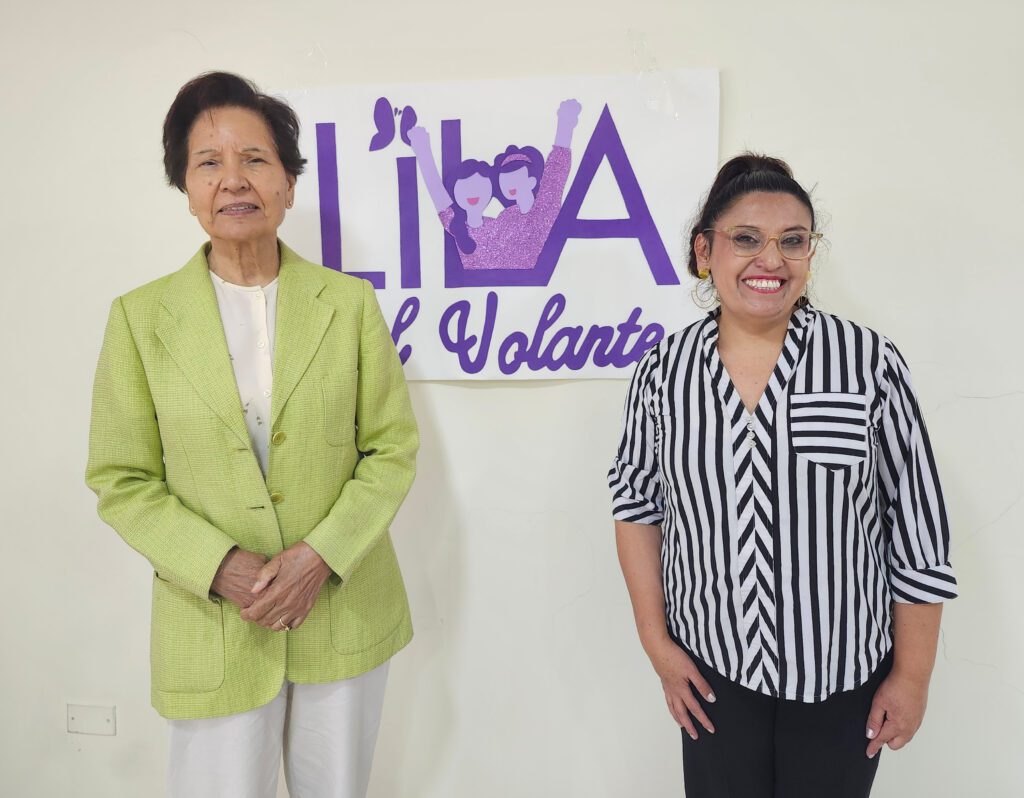Strengthening National Policies in Suriname Through Business Clusters

Paramaribo, Suriname
The Planning Office department within the Ministry of Finance and Planning in Suriname is prioritizing business clusters to grow and modernize the country’s economy after the socio-economic disruption of the pandemic. In Suriname’s Multi-Annual Development Plan 2022-2026, business plans included industries and sectors such as oil and gas, tourism, and agriculture.
To explore the idea of supporting business clusters through these national strategies, Danny Lachman, Director of the Planning Office in Paramaribo, and his team worked with Catalyste+ Advisor Ken Langhorn, a consultant with government policy development and program management experience.

Danny Lachman, Director of the Planning Office of Suriname
Ken provided advice on the business cluster concept and opportunities for Suriname. Through the CA’s advice, the Planning Office explored ideas to build successful business clusters such as building coalitions to improve stakeholder collaboration, supporting the organic growth of clusters, and using innovation vouchers to support continuous organizational performance.
A business cluster is a group of businesses that work within the same industry, supply chain, or region that choose to work together and reap the benefits of collective growth. Organizing in clusters provides benefits to businesses and governments. Often, governments pursue cluster development to advance local economic growth by increasing revenues, exports, and employment.
Together, Ken and Danny developed a strategic initiative and delivered a presentation on suggested cluster policy and priorities.The plan fits within the existing national development policies and strategies and the current state of business clusters in Suriname.
“Due to the complex nature of the subject matter, it would have taken 6 months or more to study it, and because of that, it would have been put aside for a long time. Catalyste+’s assistance made it possible for us to move forward with implementing these concepts,” shared Danny.
The Planning Office shared the business cluster guidelines and approaches with ministries throughout Suriname, such as the Ministry of Transport, Communication and Tourism and the Ministry of Agriculture, Animal Husbandry and Fisheries. From these meetings, the Planning Office noticed the following results:
- A bauxite-aluminum industry business cluster was developed in West Suriname, led by a Presidential Commission.
- An industrial complex south of Paramaribo recruited businesses to be a part of their business cluster initiative. The centre is managed by a private company and supported by the Ministry of Economic Affairs, Entrepreneurship and Technological Innovation.
- The Ministry of Agriculture, Animal Husbandry and Fisheries developed ten agribusiness clusters.
- The Ministry of Transport, Communication and Tourism and the Maritime Authority of Suriname, formed a maritime business cluster with a focus on international maritime trade and the recent offshore hydrocarbon discoveries.
In the short term, these business clusters will support new businesses in their respective sectors by making key knowledge and resources available within their networks. In the long term, successful business clusters can lead to increased employment, improved supply chain, increased investment, and enhanced reputation of the local economy.
Based on the success of the first assignment, the Planning Office also worked with Catalyste+ to draft laws on transfer pricing and co-investment funds, additional priority areas in Suriname’s Multi-Annual Development Plan 2022-2026.
Danny recognizes the need to follow up and continue to spread the concepts to the national ministries to support the creation of more business cluster initiatives. “We are less afraid to tackle difficult projects. When we might need some help with a complex subject matter, we think ‘let’s ask Catalyste+.’”


